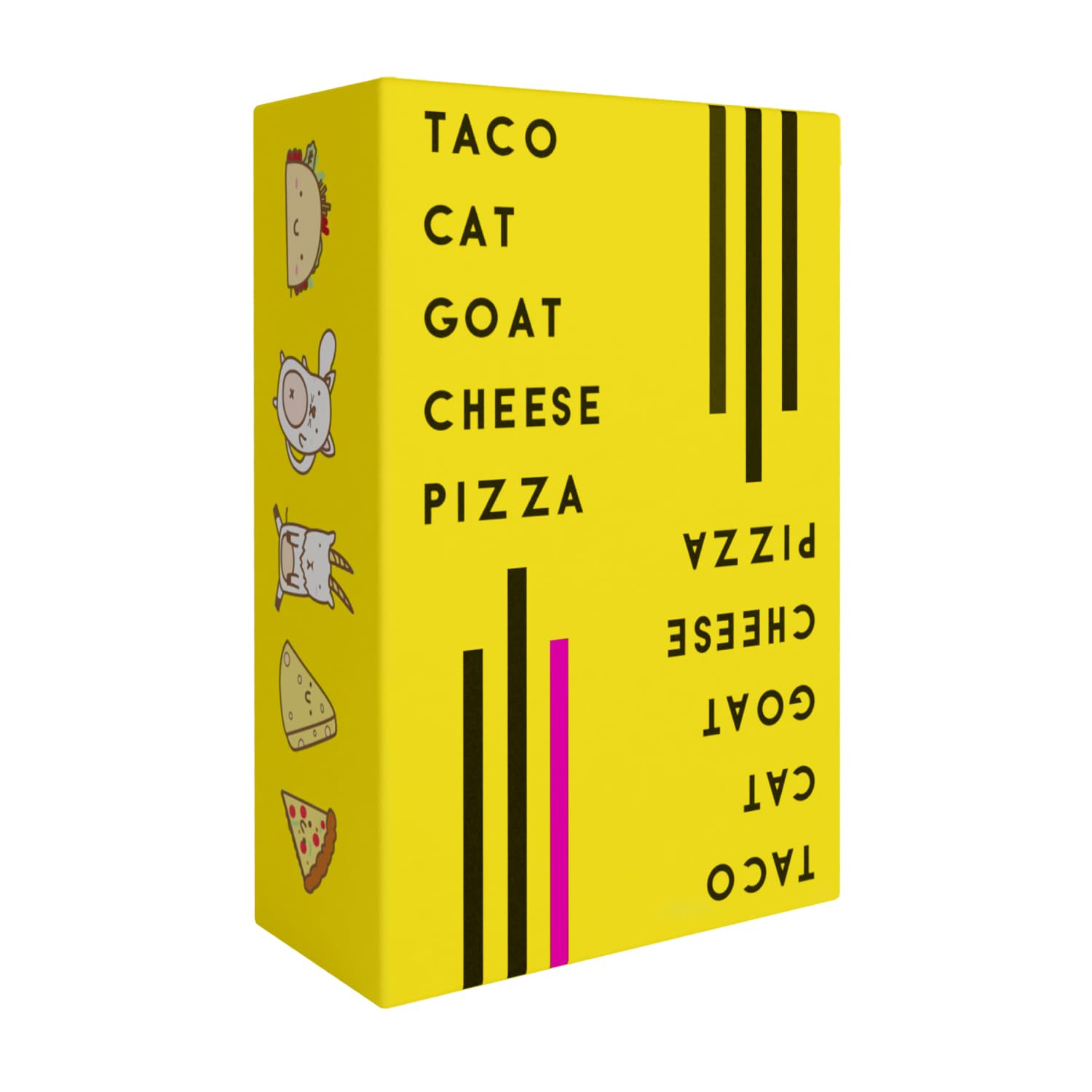📘 Practice Guides
These quick guides show you how to get the most from Adult Learning Games. Each section explains why the skill matters, how to practice effectively, and which games to start with. Sessions are short (3–5 minutes), but done daily they add up to powerful mental training.
🧠 Memory Basics
Memory drills strengthen short-term recall and working memory. Focus on chunking information (breaking numbers into smaller groups).
Open Memory Games →- Number Memory — train with sequences like 173905 → 17·39·05.
- Matching Pairs — visual recall with images & positions.
Pro Tip: Say numbers aloud in rhythm to boost retention.
🧩 Logic & Reasoning
Logic games build problem-solving by teaching you to anticipate consequences. Focus on deduction and planning two moves ahead.
Open Logic Games →- Lights Out — practice chain reactions & neighbor effects.
- Pattern Sequence — identify recurring structures.
Pro Tip: Narrate your reasoning aloud to reinforce logical chains.
🔢 Mental Math
Quick drills improve number sense and calculation speed. Start with accuracy, then build speed with repetition.
Open Math Skills →- Mental Addition — focus on accuracy within 0–20.
- Tables Sprint — timed multiplication recall.
Pro Tip: Break tough problems into 10s and 100s for faster solving.
⌨️ Typing & Speed
Typing fluency improves both speed and accuracy. Train with a light touch, steady posture, and regular benchmarks.
Open Typing & Speed →- Typing Test (60s) — measure WPM & accuracy baseline.
- Key Accuracy — precision before speed.
Pro Tip: Aim for 95%+ accuracy before chasing WPM.
🎯 Focus & Attention
Attention drills train your ability to resist distractions and stay consistent. Ideal for sharpening concentration in short bursts.
Open Focus & Attention →- Stroop Test — inhibition control under color-word conflict.
- Go/No-Go — response control and reaction time.
- Visual Search — find the odd element among distractors.
Pro Tip: Take breaks after 2–3 rounds to avoid fatigue.
💡 Suggested Daily Routine
Rotate through different categories to keep training balanced:
- Memory warm-up: Number Memory
- Logic puzzle: Lights Out
- Mental math drill: Mental Addition
- Typing speed test: Typing Test (60s)
- Focus closer: Stroop Test
Total time: ~8 minutes. Enough to keep your brain sharp daily.
❓ Frequently Asked Questions
How long should I train each day?
Just 5–10 minutes of focused practice can improve attention, recall, and accuracy. Consistency matters more than long sessions.
Which games are best for beginners?
Start with Number Memory, Mental Addition, and Stroop Test. They are simple to learn but build strong foundations.
Do these games really improve brain function?
Research suggests that cognitive drills enhance working memory, processing speed, and focus. While not medical tools, they are excellent daily workouts.
Can I rotate between categories?
Yes. A balanced routine includes at least one memory, one logic, and one speed/typing drill each day.
🚀 Ready to Build Your Routine?
Start small: 3 minutes today, one game per category. Come back tomorrow and add one more. In a week, you’ll have a full practice loop that fits into any schedule.
Start Playing →🧩 Recommended Brain Training Books & Memory Games
Disclosure: This section contains affiliate links. As an Amazon Associate, we earn a small commission from qualifying purchases at no extra cost to you — helping us keep this site free and fun for everyone.


